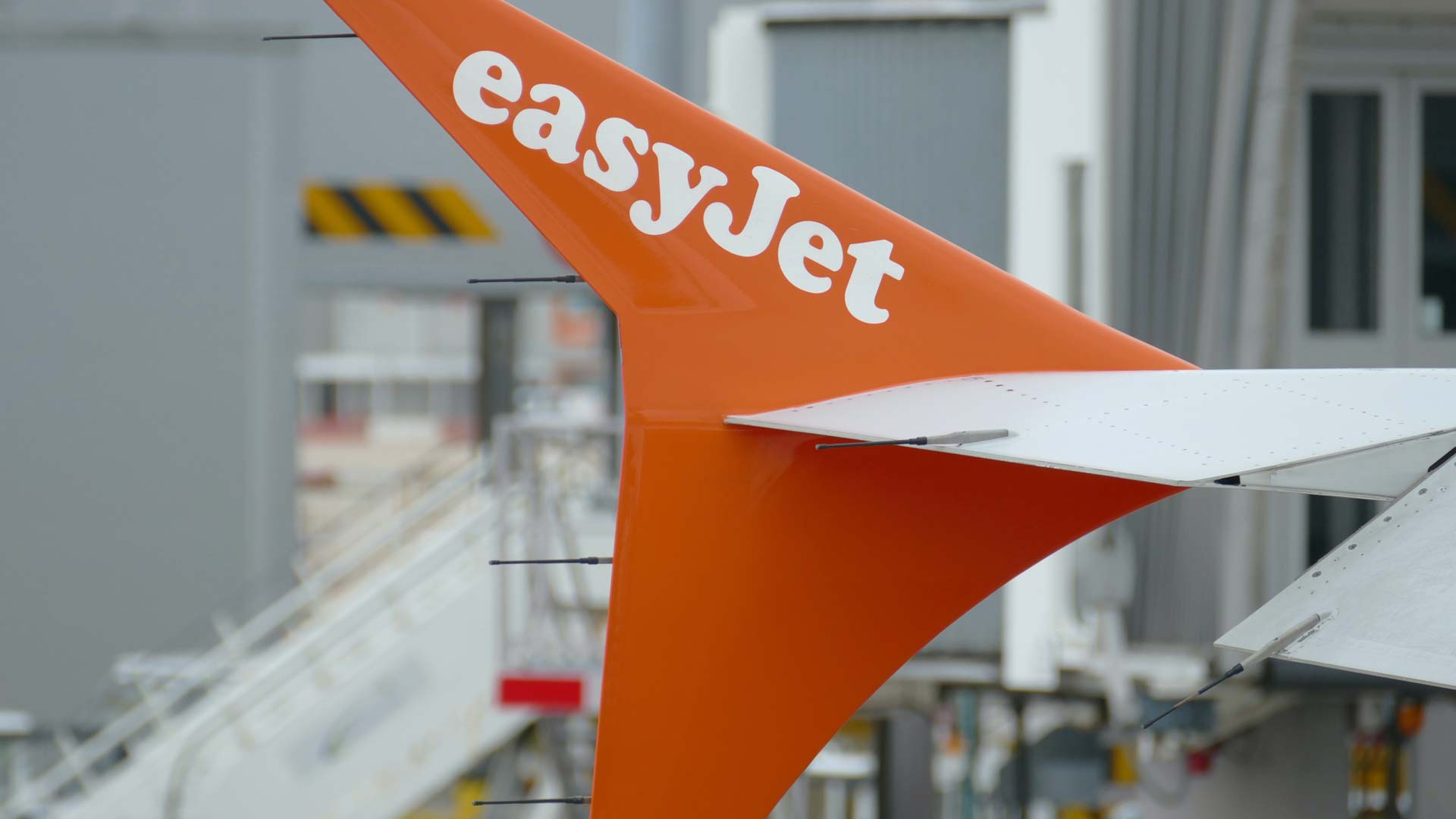easyJet has reported a headline loss before tax of £545 million, compared to a half year loss of £701 million in 2021. Total revenue increased by 524% to £1,498 million, compared to £240 million a year ago, predominantly due to the increase in capacity flown and ancillary products continuing to deliver incremental revenue.
easyJet Group’s headline costs increased by 117% to £2,043 million, compared to £941 million last year, primarily due to the increase in flown capacity. The reported loss before tax was £557 million, compared to a loss of £645 million in half year 2021, with a non-headline loss of £12 million, which consist of losses from the sale and leaseback of aircraft partially offset by restructuring provision releases.
easyJet stated that it faces summer 2022 with optimism, noting that customers are returning strongly while the company is also driving a “step-changed revenue capability”.
"easyJet has reduced its losses year on year, at the better end of guidance,” said Johan Lundgren, easyJet Chief Executive. “The pent-up demand and removal of travel restrictions provided for a strong and sustained recovery in trading which has been further boosted as result of our actions. These include the radical reallocation of aircraft which has seen more than 1.5m seats moved to the best performing markets and the step-change in our ancillary products delivering increased revenue - both of which have contributed to our total yield increasing by 9% compared to the same period in FY19. All of this is not only delivering now but with more to come in the future as even more passengers take to the skies.”
Since Easter, easyJet has been flying up to a quarter of a million customers and 1600 flights every day. Lundgren notes that he expects leisure and domestic capacity to be above 2019 levels in the second half of the year. He also highlighted the operational issues currently challenging the industry, and noted that the company has been “absolutely focused on taking action to ensure we have strengthened our operational resilience for this summer”. easyJet reports that it has proactively managed its schedule and reduced cancellations through various measures such as “boosting recruitment, and improving ID processing”.
easyJet expects to operate 90% of FY19 capacity in Q3 and has capacity on sale of around 97% of FY19 flying in Q4.
"As we return to a more normal summer season, we are ready to capture the increased levels of demand right across our network,” said Lundgren. “We are confident in our plans for summer which will see us reaching near 2019 flying levels and look forward to competing with our renewed strengths as a winner in the post pandemic recovery of European aviation."
easyJet reports that forward bookings for the third quarter are 76% sold and 36% sold for the fourth quarter. And adds that in the last 10 weeks, bookings have been 6% above the same period in 2019
In a bid to stabilise its exposure to volatile fuel prices, easyJet is currently c.71% hedged for fuel in H2 of FY22 at c.US$619 per metric tonne, c.49% hedged for H1 FY23 at c.US$701 and c.20% hedged for H2 FY23 at c.US$807. The spot price on 17 May 2022 was around US$1,225. The airline’s carbon obligation for CY'22 100% covered at €19/MT.
For the first six months of the year, easyJet carried 23.4 million passengers, compared to 4.1million in the year-ago period, with a load factor of 77.3%.
During H1 easyJet repaid £300 million of commercial paper, clearing the final balance under the CCFF scheme. easyJet has no other debt maturities until the 2023 financial year. As at 31 March 2022, the airline’s net debt position was £0.6 billion (30 September 2021: £0.9 billion) including cash and cash equivalents and money market deposits of c.£3.5 billion.
easyJet's total fleet as at 31 March 2022 comprised 322 aircraft (30 September 2021: 308 aircraft with 12 held on zero rent basis) with the increase driven principally by the cessation of free rental period aircraft, delivery of five new A320 family aircraft, and lease additions to the fleet. The average gauge of the fleet is now 179 seats per aircraft, compared to 178 seats at 30 September 2021. The average age of the fleet increased slightly to 8.9 years (30 September 2021: 8.6 years).
easyJet confirmed that it was storing two operating leased aircraft on behalf of their respective lessors, which are held at zero rent unless flown and are excluded from the fleet plan. The airline is also storing two further operating leased aircraft, which have been acquired for future operations, also held at zero rent and are excluded from the fleet plan.
easyJet assumes it will take nine aircraft deliveries in FY22, six deliveries in FY23, 18 deliveries in FY24 and 26 deliveries in FY25.
easyJet states that it intends to grow to pre-pandemic capacity by 2023; mid teen EBITDAR margins with low to mid teen ROCE in the medium term; and having a clear roadmap for easyJet holidays to contribute £100 million plus profit before tax to the Group.
easyJet also announced the appointment of HSBC as its Joint Corporate Broker, alongside BNP Paribas, with immediate effect.

